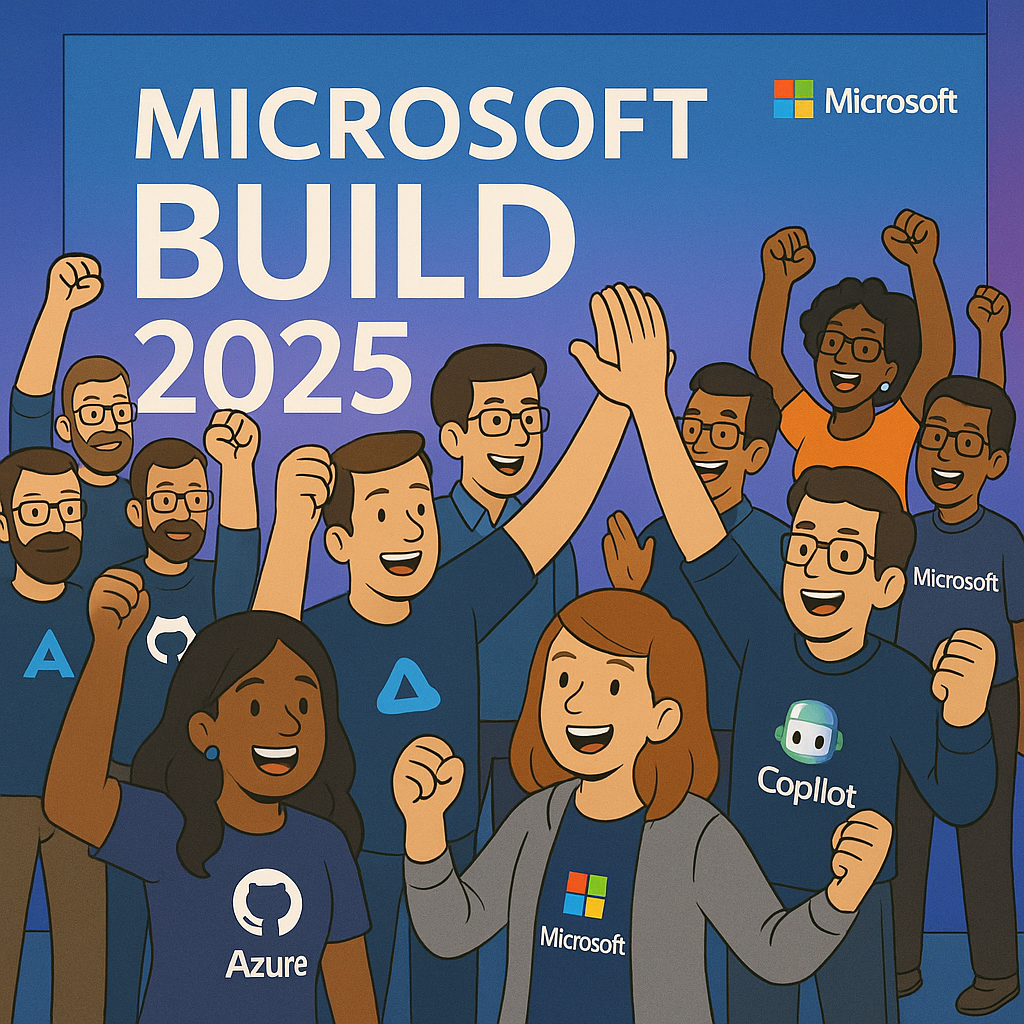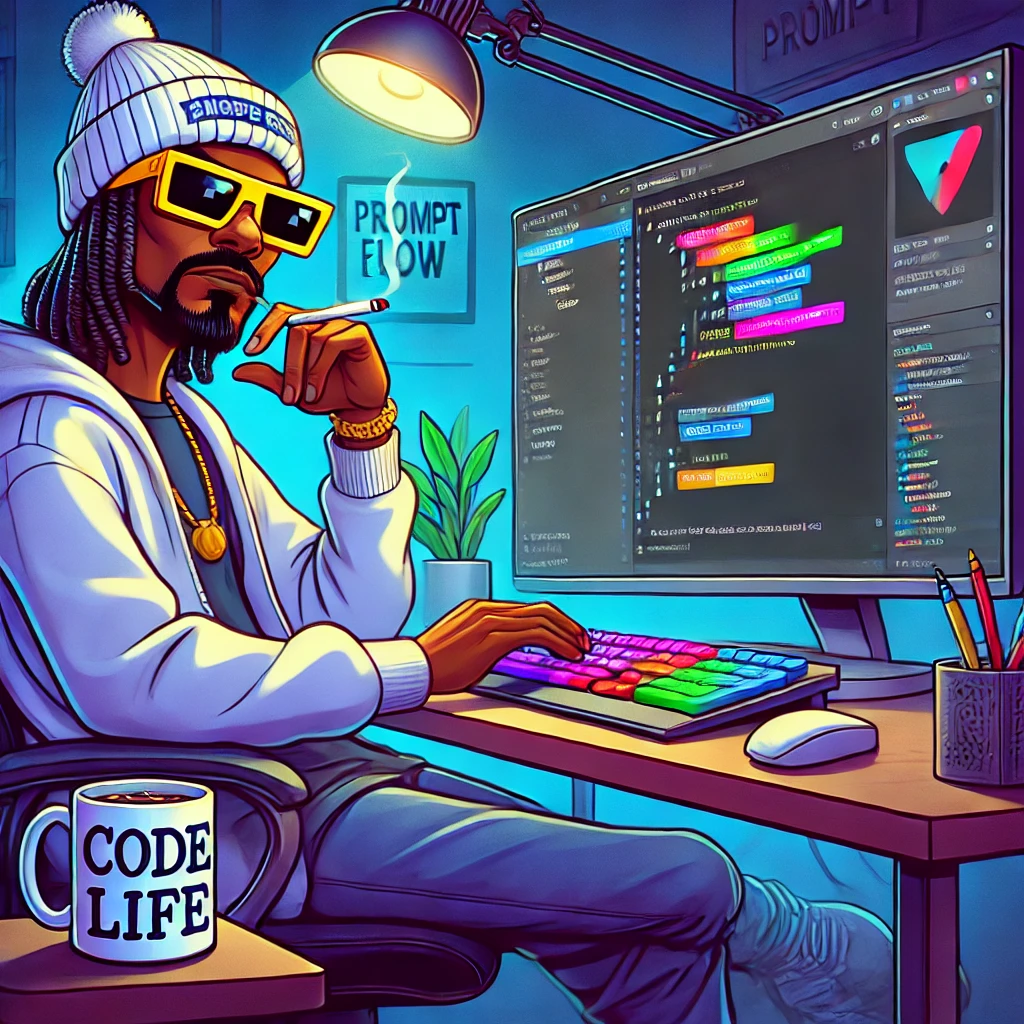
AI as a Junior Engineer
About 18 years ago, I kicked off my career as a Junior Software Engineer. I can still remember that mix of excitement and nerves when I joined my first dev team. I was eager to learn and contribute, but also overwhelmed by how much there was to absorb.
Back then, getting unstuck meant digging through technical docs, browsing forums, or asking a more experienced teammate for help. Sometimes it took hours to solve what seemed like a simple issue to senior engineers.
Fast-forward to today, and things look completely different. The rise of Artificial Intelligence (AI) has changed the game. Tools like ChatGPT, GitHub Copilot, and Claude Code have redefined how developers—especially juniors—approach their work. These tools don’t just speed up development; they’ve become an ongoing source of learning, mentoring, and support.
How AI Helps Junior Engineers
For the past couple of years, we’ve seen countless headlines and social media posts claiming that AI will replace developers, make software engineers obsolete, or even “kill programming.” Let’s be real—that’s pure exaggeration.
In fact, we’re the ones benefiting the most from AI.
Just look at the numbers: according to Computer World, 90% of software developers already use AI in their day-to-day work.
And who are AI’s best customers? Us—software engineers paying for GitHub Copilot, Claude Pro, Gemini, Cursor, Lovable, and all the rest. This is exactly where AI becomes an invaluable ally for junior developers.
When I was starting out, I’d spend hours buried in documentation (which, back in the early 2000s, was often confusing and poorly structured). My options were basically: ask a senior dev for help or check Stack Overflow.
Now, we can just drop a prompt into ChatGPT, Claude, or Copilot and get a summary, a simplified explanation, or even a working code example in seconds.

In the image above, I asked ChatGPT how to model a Neo4j use case I was working on—specifically, how to version nodes (something that’s far from trivial). Within seconds, it produced a data model and Cypher queries to handle versioning in Neo4j.
Sure, the approach wasn’t perfect—but it gave me a solid starting point. Instead of spending hours researching, I could focus on adapting the solution to fit my specific needs.
That’s exactly the kind of leverage AI gives to junior engineers: a way to learn faster, work smarter, and build confidence.
That said, relying entirely on AI isn’t the move—you still need to understand programming fundamentals, data structures, algorithms, and design patterns.
Think of AI as a power-up to your skills, not a replacement for them.
Conclusion
AI has reshaped how software engineers—especially those early in their careers—approach their craft. Tools like ChatGPT, GitHub Copilot, and Claude Code act as both mentors and accelerators, helping developers learn faster and build better.
Used wisely, AI doesn’t replace your skills—it amplifies them.




